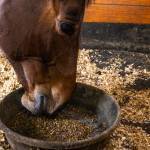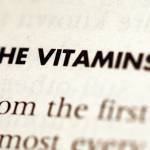Nutrition

July 25, 2017
How Do Dietary Fat and Starch Affect Tying-Up in Horses?
Recurrent exertional rhabdomyolysis occurs in fit, nervous Thoroughbreds fed diets high in nonstructural carbohydrate. Clinical signs are diminished by

July 25, 2017
Unique Delivery System Maximizes Vitamin E Absorption
The more vitamin E that is absorbed into the bloodstream, the more available it is for use as a

July 21, 2017
Nutrient Digestibility in Horses: Does It Change with Age?
The population of horses over the age of 20 has increased in recent history, thanks to better healthcare and increased scientific

July 18, 2017
Poor Appetite: Look Closer at Your Horse’s Digestive Tract
Horses lose their appetite for a variety of reasons. One lesser-known cause is gastrointestinal discomfort emanating from gastric ulcers
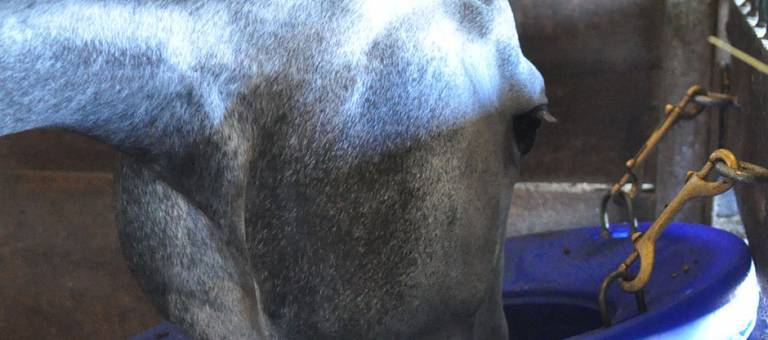
July 18, 2017
How Is Natural-Source Vitamin E Superior to Synthetic Vitamin E for Horses?
Vitamin E can be obtained from natural or synthetic sources, but the chemical structure of each is different.
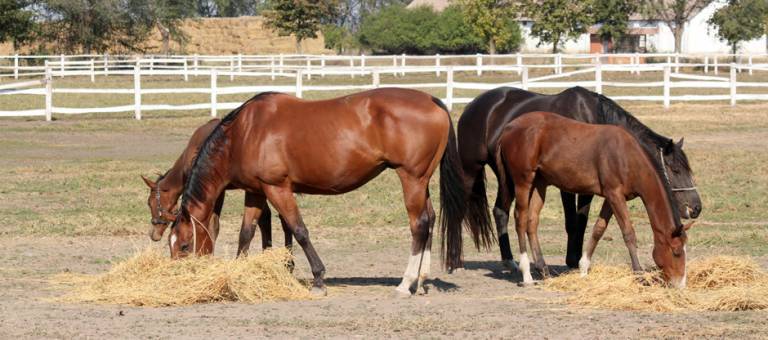
July 14, 2017
Protein in Horse Diets: Aim for “Required” Levels
To determine if decreased protein intake (decreased nitrogen excretion) negatively impacts equine welfare in the form of behavioral changes,

July 11, 2017
How Does Chromium Supplementation Affect Strenuously Exercising Horses?
Six trained Thoroughbred horses were used in a two-period switchback design experiment to evaluate the effect that chromium supplementation
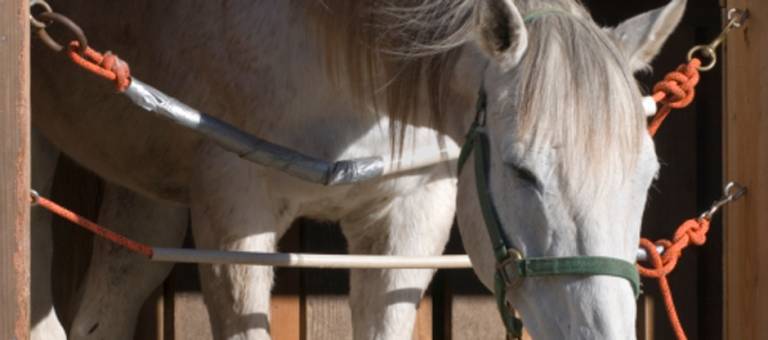
July 11, 2017
Researchers Investigate Curcumin for Diarrheic Horses
An alteration in the delicate balance of the equine intestinal microbiome, a condition called dysbiosis, often leads to diarrhea. With the
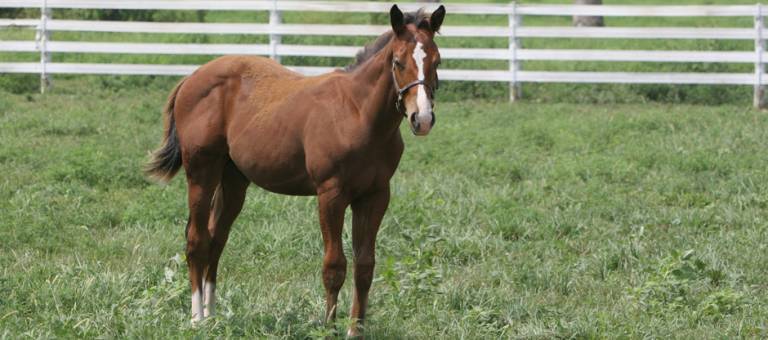
July 11, 2017
Stress of Weaning Impacts Digestive Health of Foals
Had a stressful day? As taxing as it was, your anxiety was probably nothing compared to the stress foals

July 11, 2017
Weight Changes in Racehorses: Season and Sex Differences
Trainers expect body weight changes in Thoroughbreds as fitness ebbs and flows through conditioning and racing cycles, but few






